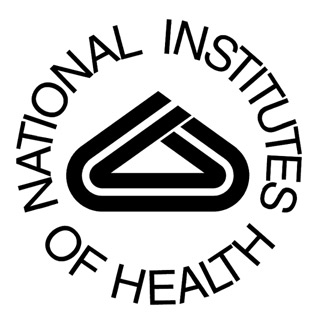
The International Maternal Pediatric Adolescent AIDS Clinical Trials Group is noted to be conducting the studies. It is believed that one trial will enroll nearly 130 HIV-infected pregnant women who are in the age group 18 to 39 years. Also, these expecting mothers appear to be in their second or third trimester i.e. 14 to 34 weeks of pregnancy. The other trial may perhaps enroll approximately 140 children and youth aged 4 to 24 years who were infected with HIV at birth.
Thirty-five sites and eight sub-sites across the United States and Puerto Rico seem to be qualified to conduct the trials. Apparently, each volunteer will receive two 30-microgram doses of 2009 H1N1 influenza vaccine after every 21 days.
Evidently, the study investigators and an independent safety monitoring committee will be collecting and monitoring the safety data closely. Moreover, the strength and longevity of the immune response elicited by the vaccine could possibly be measured in several ways.
NIAID Director Anthony S. Fauci, M.D., stated that, “These studies are important because HIV infection and pregnancy both increase the risk for a poor immune response to the normal 15-microgram dose of seasonal influenza vaccine given to the general population. Moreover, children, young people and pregnant women are at higher risk for more severe illness from the 2009 H1N1 influenza virus than other groups, and HIV-infected individuals in these populations may be particularly vulnerable.â€
“Because of the increased vulnerability of these populations, these trials are testing whether doses of licensed 2009 H1N1 influenza vaccine that are higher than doses being tested in other groups can safely elicit protective immune responses in HIV-infected children, youth and pregnant women,†says Lynne Mofenson, M.D., chief of the Pediatric, Adolescent and Maternal AIDS Branch in NICHD.
The study team will be taking blood samples from the pregnant women after every dose and three and six months after delivery in order to measure the concentration of antibodies the women produce against 2009 H1N1 influenza virus. Additionally, to find how strong that antibody response remains over time.
After the birth of the baby, the study staff may perhaps test umbilical cord blood in order to measure the concentration of maternal antibodies against the H1N1 virus which were transferred to the infants through the placenta. Moreover, the study team could possibly collect small blood samples from the infants at 3 and 6 months of age in order to measure their level of maternally derived antibody protection from the virus over time. Allegedly, the infants will not receive vaccine.
Correspondingly, in children and young people, the strength and longevity of the immune response will be gauged by testing blood samples collected 21 days after the first dose, and 10 days after the second dose, also at six months after the study.
The vaccine is believed to be manufactured by Novartis Vaccines and Diagnostics. Supposedly, this vaccine contains inactivated 2009 H1N1 influenza virus thereby making it impossible to become infected with the virus by receiving the vaccine. However, the vaccine appears to be devoid of adjuvant, a substance added to some vaccines in order to improve the body’s response to vaccine.
Studies on seasonal influenza vaccine and vaccines for other diseases in HIV-infected and other populations were noted to have suggested that higher doses of vaccine tend to bring out stronger immune responses. These stronger responses, in turn, appear to increase the concentration of protective antibodies in the bloodstream, which is probably beneficial to both the vaccinated individual or if it is given to a pregnant woman, then her fetus may benefit.
This seems to be the underlying principle for testing whether higher doses of approved 2009 H1N1 influenza vaccine elicit a protective immune response in HIV-infected individuals. Also, whether protection appears to be transferred to the fetuses of vaccinated pregnant women.
